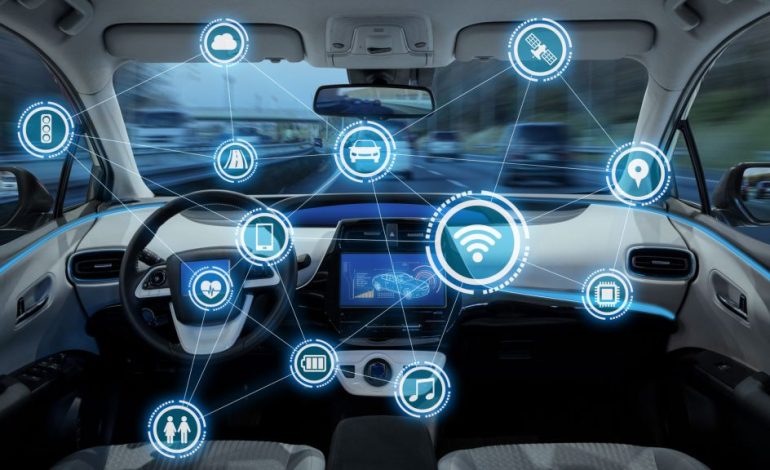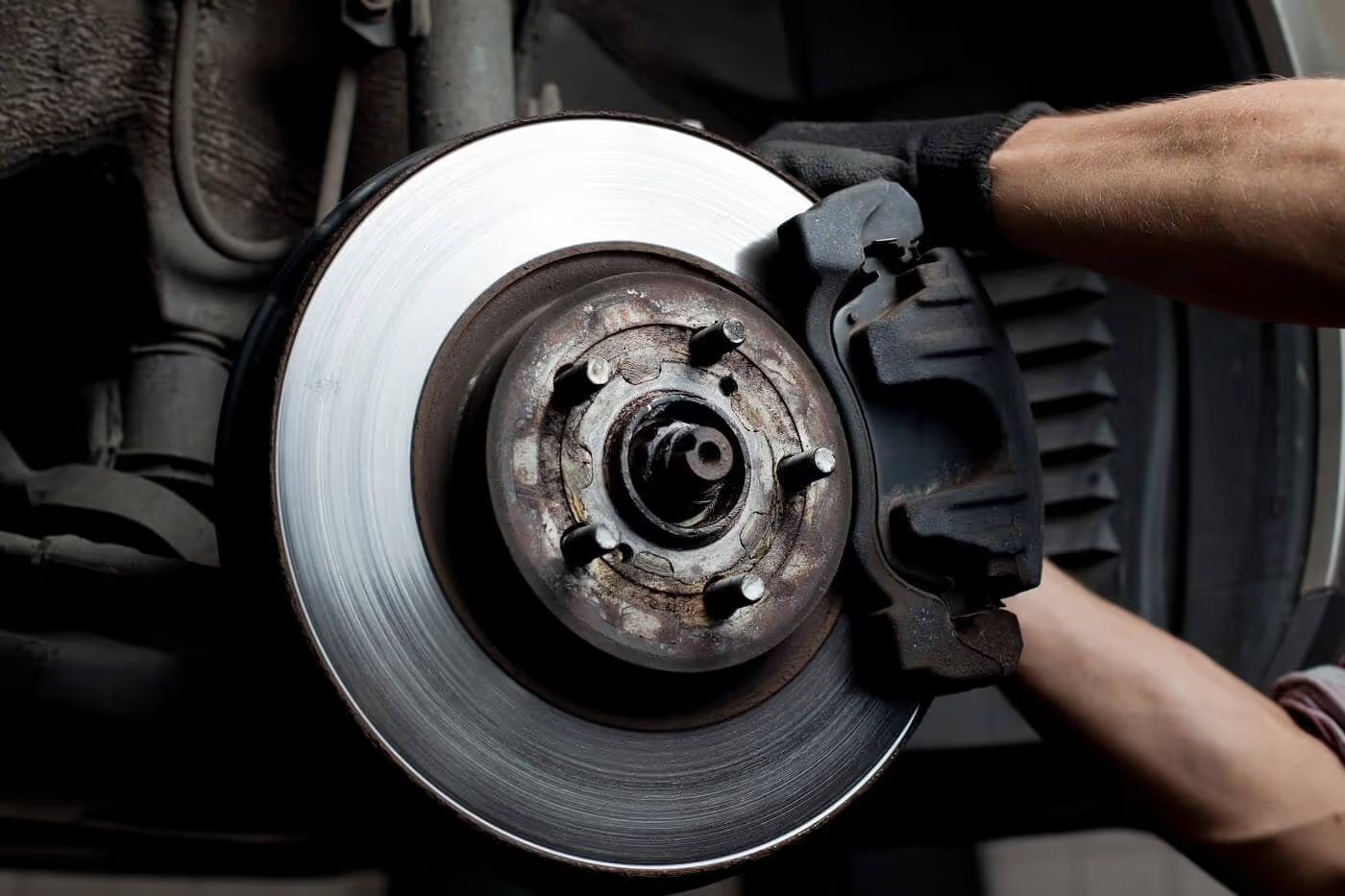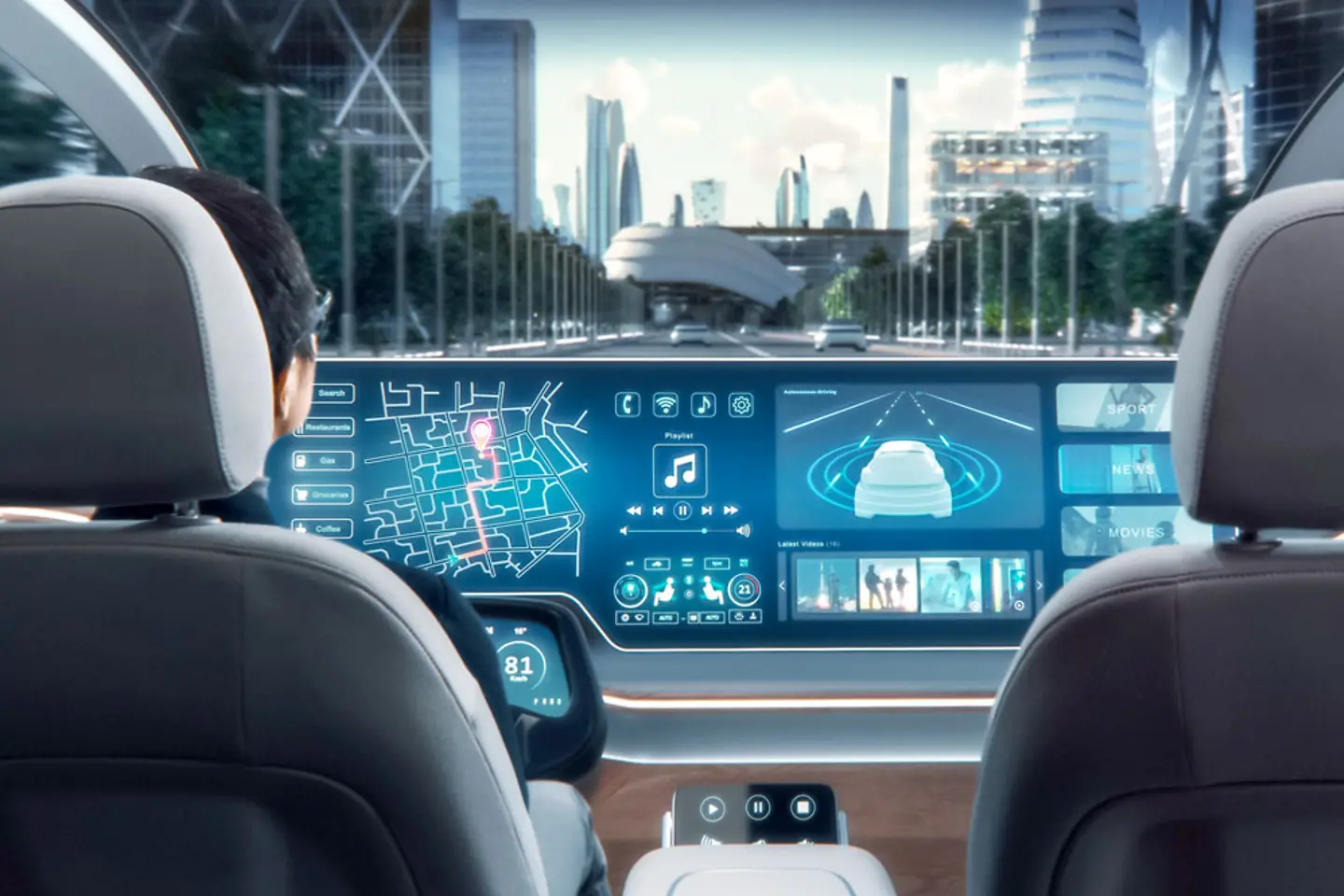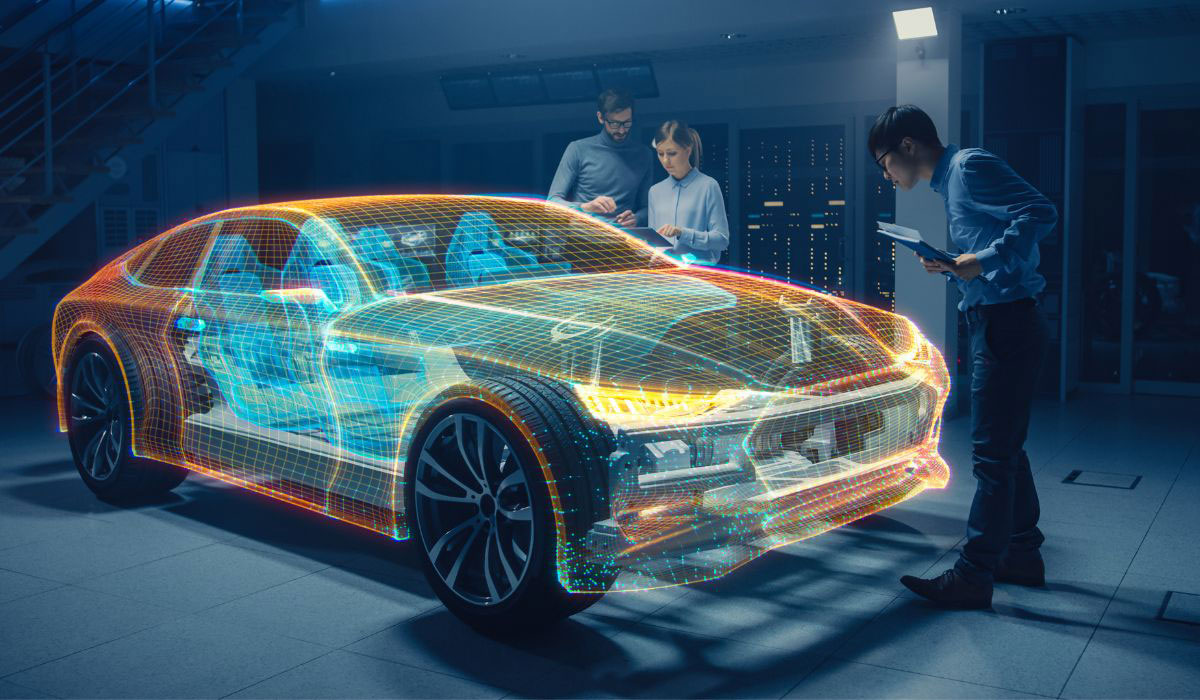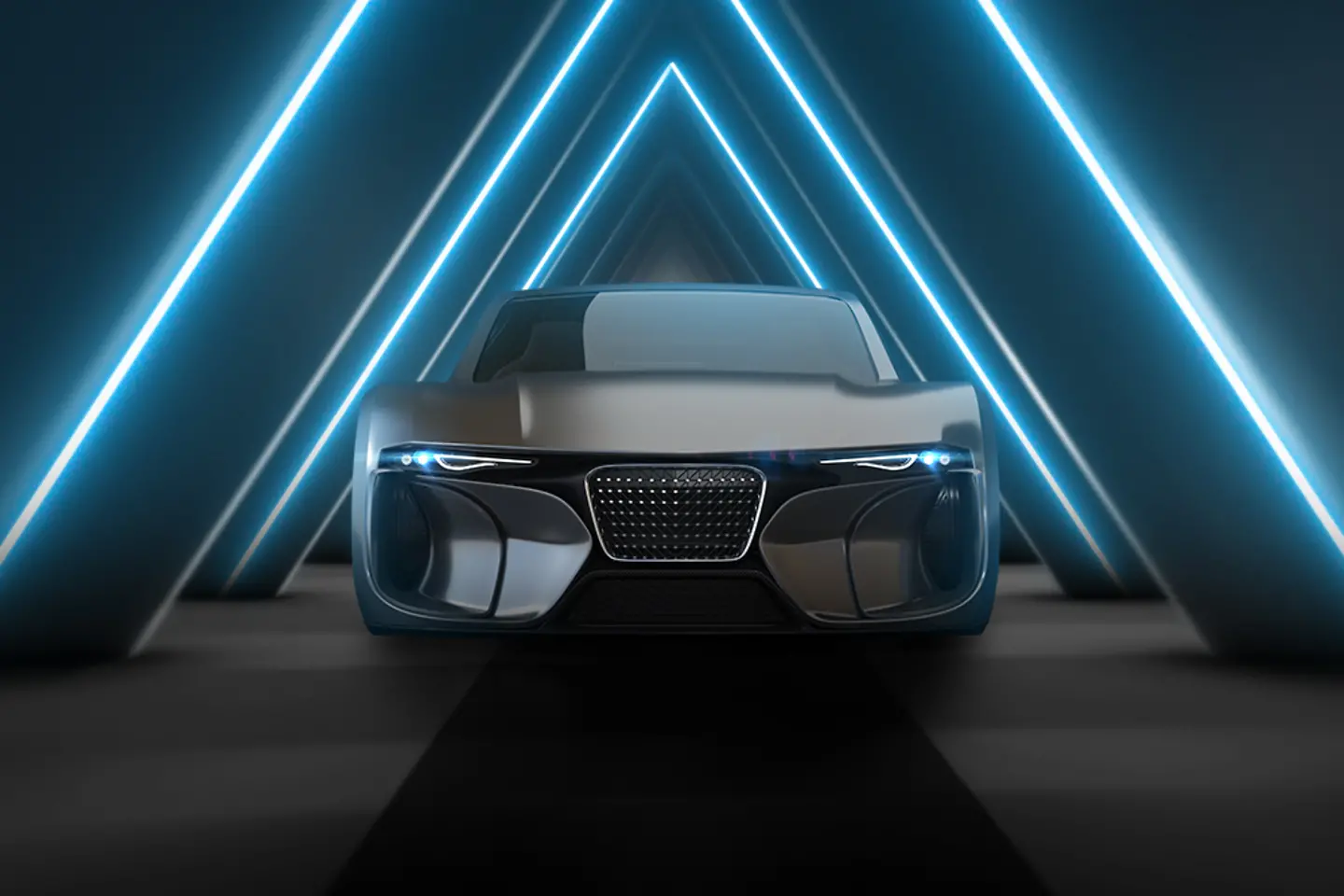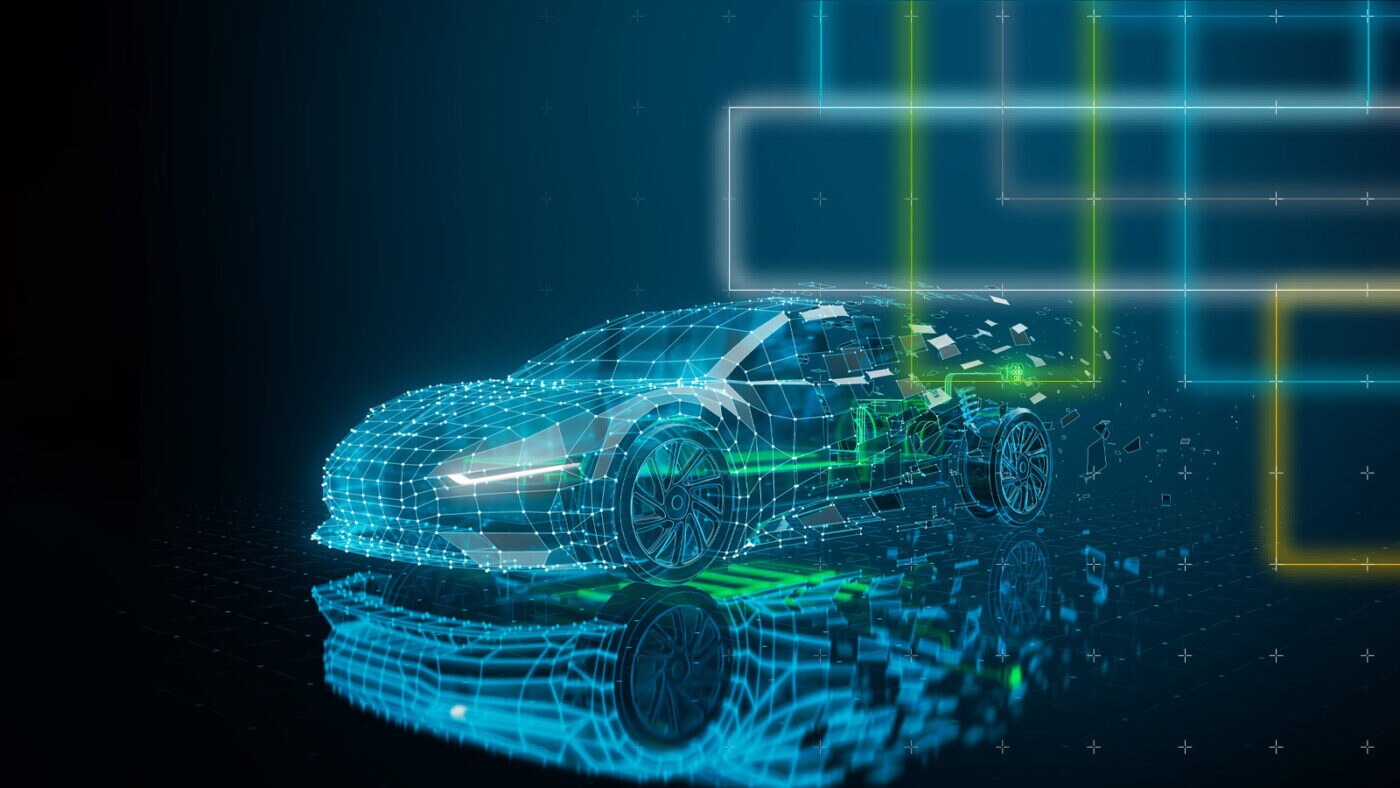The Evolution of Cars: From Classic Icons to the Future of Mobility
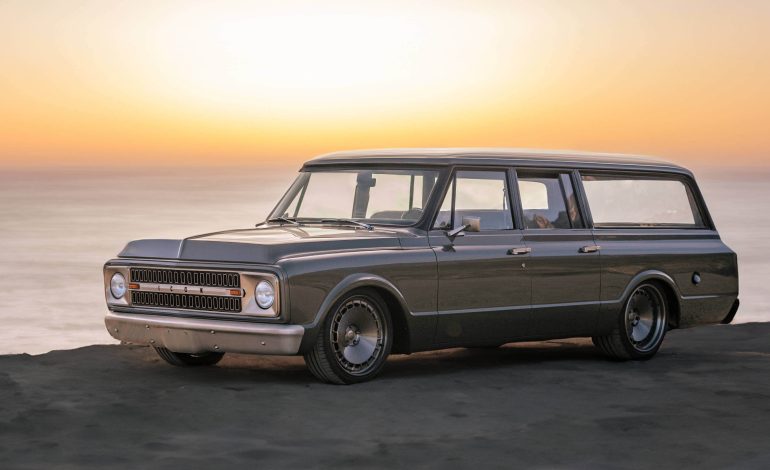
Cars are more than just machines designed to transport us from one place to another. They symbolize freedom, innovation, and lifestyle. For over a century, automobiles have shaped economies, influenced culture, and defined personal identity. Today, with rapid technological advancements and shifting societal needs, cars are undergoing one of the most significant transformations in history.
This article explores the evolution of cars, the role they play in society, emerging trends, and how the future of mobility is reshaping the automotive world.
A Brief Look Back: Cars as Cultural Icons
The first automobiles in the late 19th and early 20th centuries were marvels of engineering. They transformed cities, economies, and daily life. By the 1950s and 60s, cars had become symbols of aspiration and culture. Iconic models like the Ford Mustang, Chevrolet Camaro, and Volkswagen Beetle were more than vehicles—they were lifestyle statements.
Classic cars still hold strong emotional value today. Car enthusiasts worldwide restore, collect, and showcase vintage models at exhibitions, celebrating their timeless design and mechanical craftsmanship. These vehicles remind us that cars are not only about speed or convenience—they are pieces of history that carry stories of innovation and social change.
Cars as a Lifestyle Choice
Owning a car has always been linked to lifestyle. For many, the type of car reflects personality and values. A rugged SUV often represents adventure and family life, while sleek sports cars are associated with performance and prestige. Even compact, fuel-efficient models make a statement about practicality and sustainability.
Car culture also extends into hobbies and communities. From local car clubs to international racing events, cars unite people through shared passions. Weekend road trips, off-road adventures, or simply polishing a vehicle in the driveway highlight how deeply automobiles influence lifestyles.
The Rise of Electric Vehicles (EVs)
One of the most significant transformations in the automotive industry is the rise of electric vehicles. Concerns about climate change, rising fuel costs, and stricter environmental regulations have accelerated the shift toward cleaner mobility.
Companies like Tesla, BYD, and traditional automakers such as Ford, Volkswagen, and Toyota are heavily investing in EVs. Modern electric cars offer long ranges, rapid charging, and impressive performance, challenging the dominance of traditional combustion engines.
EVs also change how we think about driving. Charging stations are replacing gas stations in many regions, and vehicle software updates are delivered wirelessly. For many drivers, owning an EV is not just about sustainability—it’s about embracing a high-tech, forward-thinking lifestyle.
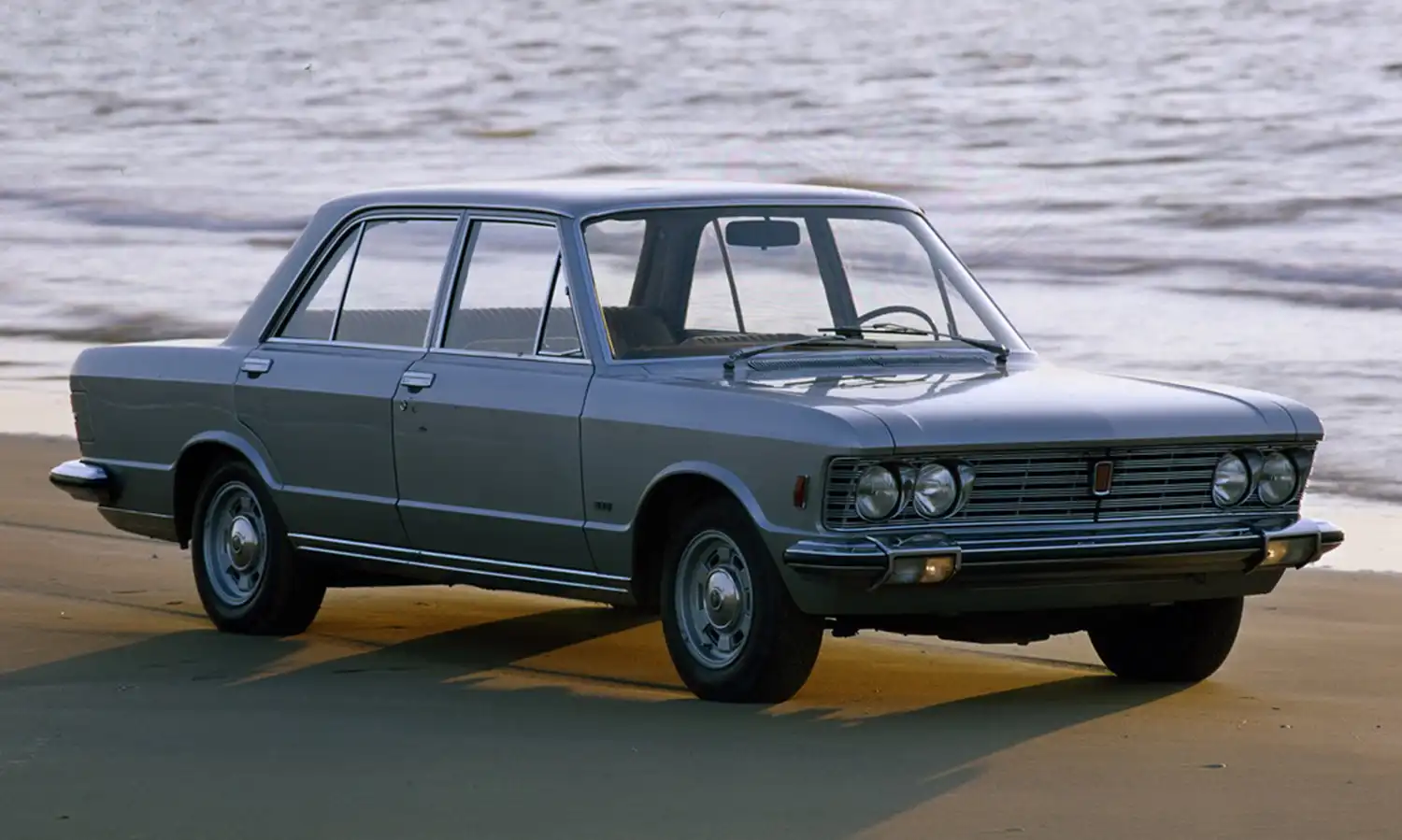
Technology at the Wheel
The integration of advanced technology into cars has revolutionized driving. Features like adaptive cruise control, lane-keeping assist, and automated parking are now standard in many modern vehicles. These innovations are paving the way for fully autonomous cars, where human drivers may one day become optional.
Connectivity is another defining trend. Cars are increasingly equipped with infotainment systems that integrate seamlessly with smartphones, voice assistants, and navigation apps. Over-the-air software updates keep vehicles current long after purchase, much like smartphones.
Safety, too, has greatly benefited from technological advancements. Sensors, cameras, and AI-powered systems reduce accidents, protect passengers, and improve traffic efficiency. In the near future, vehicles may communicate directly with each other and with infrastructure, making roads smarter and safer.
The Role of Sustainability
Sustainability is reshaping the automotive industry. Beyond electric drivetrains, automakers are experimenting with alternative fuels like hydrogen and biofuels. Lightweight materials such as carbon fiber and recycled plastics are reducing vehicle emissions.
Consumers are also demanding transparency about the environmental impact of production. Brands are now focusing on ethical sourcing, eco-friendly manufacturing, and recyclable components. This shift reflects a larger societal trend where cars are not just judged by horsepower or design but also by their ecological footprint.
Urban Mobility and Shared Cars
As cities grow more crowded, traditional car ownership is evolving. Car-sharing and ride-hailing platforms such as Uber, Lyft, and Zipcar are changing how people view transportation. Instead of owning a car, many urban residents prefer flexible, on-demand access to vehicles.
This shift has economic and cultural implications. Younger generations, especially in metropolitan areas, see cars less as status symbols and more as practical tools. In response, automakers are investing in mobility services, offering subscription-based ownership models where customers can switch vehicles depending on their needs.
Sports Cars and Performance Culture
Despite the growing focus on sustainability, the thrill of performance driving remains strong. Sports cars, muscle cars, and supercars still capture imaginations with their design, speed, and engineering excellence.
Brands like Ferrari, Porsche, and Lamborghini continue to push limits, blending performance with new technologies. Interestingly, even electric sports cars, such as the Porsche Taycan or Rimac Nevera, are proving that high performance and sustainability can coexist.
Performance driving is also moving beyond racetracks. Simulated racing platforms and esports allow enthusiasts to experience adrenaline-pumping action from home, connecting the digital and physical worlds of car culture.
Global Trends Shaping the Automotive Industry
Several global trends are influencing the future of cars:
-
Electrification – Governments worldwide are setting deadlines to phase out combustion engines, making EVs the centerpiece of mobility.
-
Autonomous Driving – Companies like Waymo and Tesla are racing to bring self-driving technology into mainstream use.
-
Smart Infrastructure – Cities are investing in charging networks, smart traffic lights, and connected roads.
-
Customization – Personalized vehicles, from digital dashboards to tailored interiors, reflect a growing demand for individuality.
-
Globalization of Car Brands – Automakers from Asia, especially China, are increasingly dominating the global market.
These trends are redefining how cars are made, sold, and experienced.
The Future of Cars: Beyond Transportation
The car of the future will be more than a machine—it will be a connected hub. Imagine vehicles where drivers can work, relax, or entertain themselves while the car drives autonomously. Interiors may transform into living spaces, equipped with augmented reality displays and AI assistants.
Cars may also become integrated into broader smart city ecosystems, where transportation is seamless, energy-efficient, and fully connected. With renewable energy powering EVs and autonomous fleets reducing congestion, the future of cars promises a balance between technology, sustainability, and convenience.
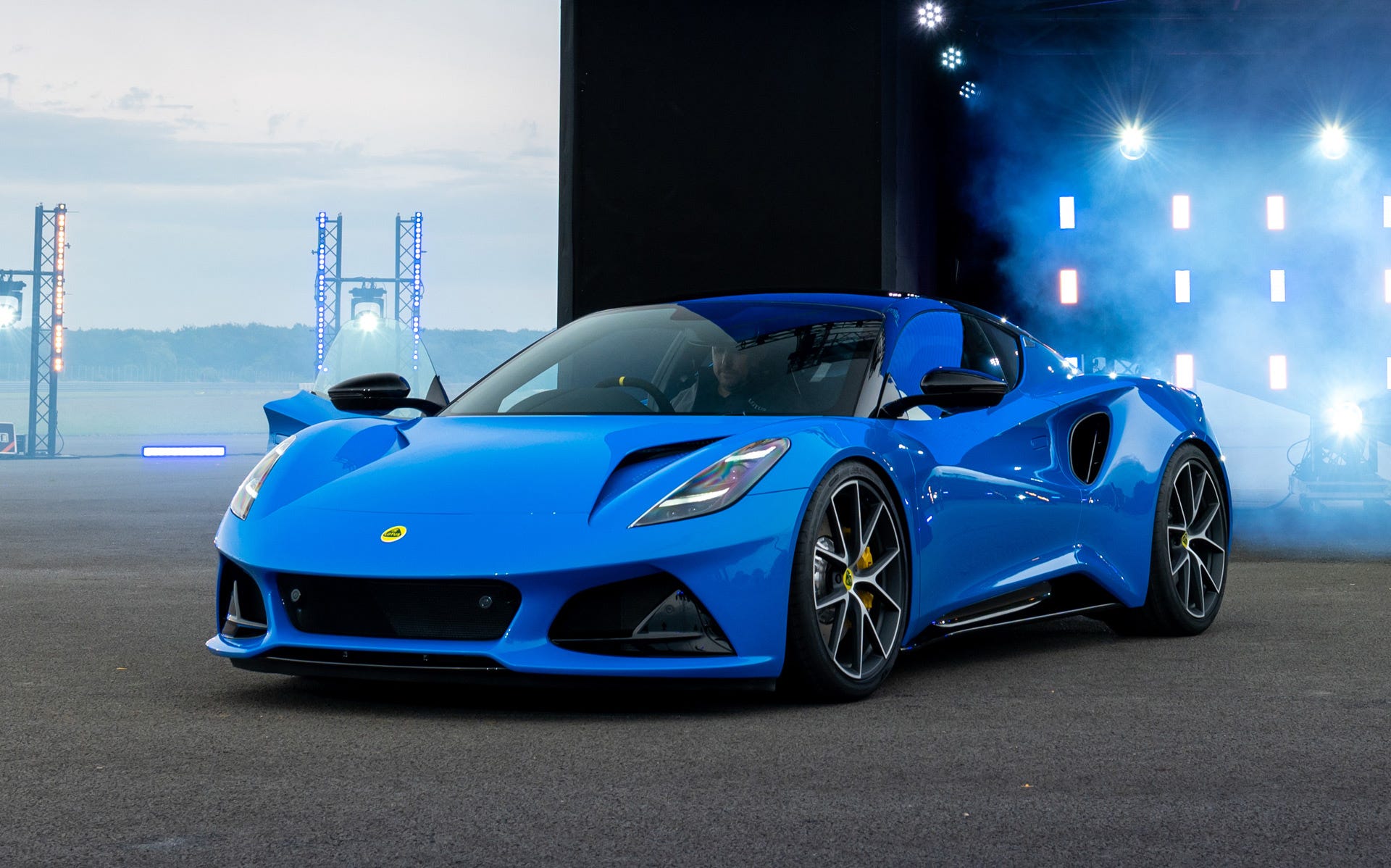
Conclusion
Cars have come a long way since their invention, evolving from mechanical novelties into lifestyle-defining symbols. Today, they stand at the crossroads of tradition and innovation. Classic cars remind us of history and culture, while electric and autonomous vehicles point toward a sustainable, connected future.
Whether viewed as cultural icons, personal expressions, or tools of mobility, cars continue to shape the way we live, work, and dream. As the automotive industry transforms, one truth remains constant: cars are more than machines—they are reflections of human ambition, creativity, and the endless pursuit of progress.


